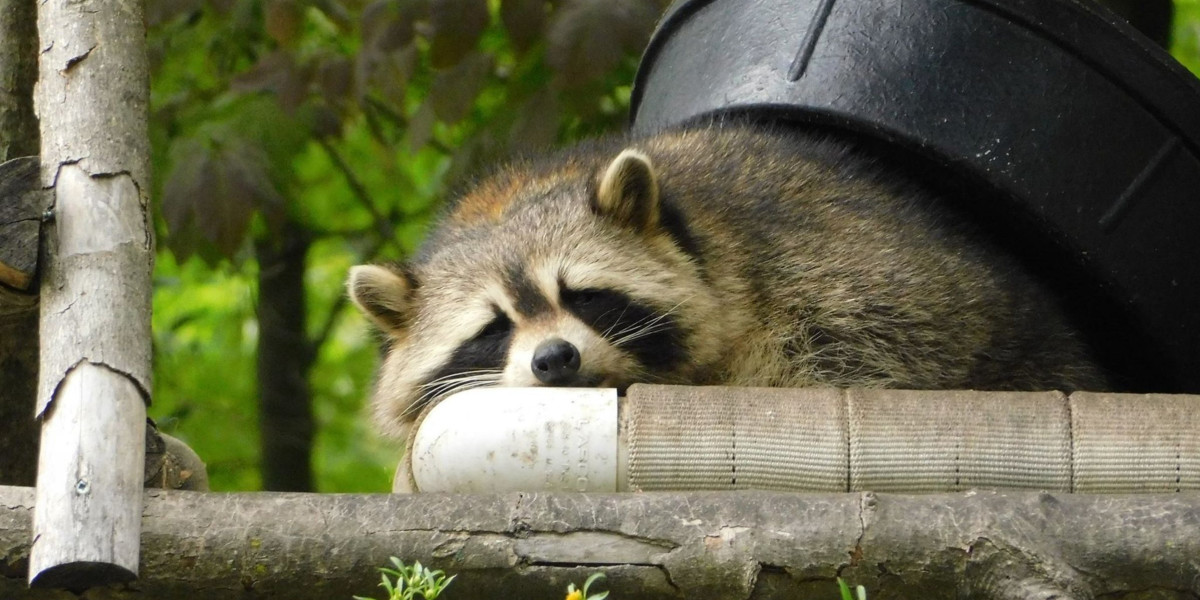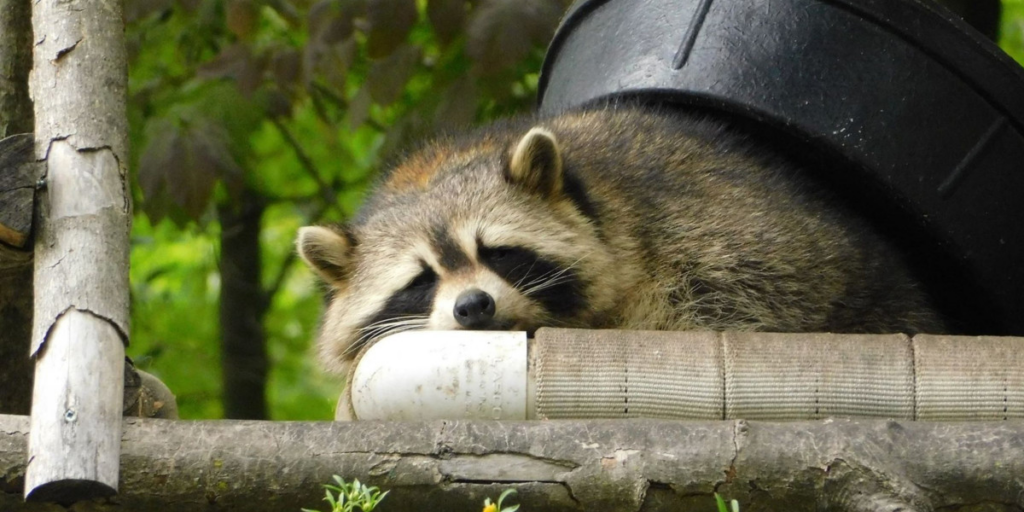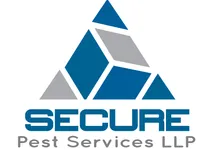What Is Raccoon Pest Control? Overview and Tips for Success

Raccoons, with their masked faces and dexterous paws, may appear cute and harmless from a distance. However, these clever creatures can quickly become a nuisance when they invade your property and cause damage.
In order to protect your home, garden, workplace, and overall well being, it’s crucial to understand raccoon behavior and implement effective pest control methods. So, what is raccoon pest control? This comprehensive guide will provide you with valuable insights into raccoon pest control, the risks of infestation, and preventive measures to keep these critters at bay.

Raccoon Habits and Habitats
Raccoons are known for their ability to adapt to various living conditions. Forested areas are particularly attractive to raccoons due to the abundance of food sources, including berries, nuts, and insects. These resourceful creatures have developed a keen sense of smell and dexterity, allowing them to forage for food in both natural and human-made environments.
In urban areas, raccoons have found new opportunities for survival. They are attracted to garbage cans, vegetable gardens, and pet food left outdoors. The availability of these food sources has led to an increase in raccoon populations in cities and suburbs. While they may be seen as pests by some, raccoons play an important role in ecosystems by controlling populations of small rodents and insects.
Raccoons are also skilled climbers, using their sharp claws and agile bodies to scale trees and structures. This ability allows them to access food sources such as bird nests and fruit-bearing trees.
Understanding Raccoon Behavior
Before delving into raccoon pest control methods, it’s essential to understand the habits and habitats of these creatures. Raccoons are highly adaptable, thriving in a diverse range of environments including forests, urban areas, and suburban neighborhoods.
They are primarily nocturnal animals, exhibiting peak activity during the twilight hours. During the day, raccoons seek shelter in dens, which can be located in trees, crawl spaces, or even abandoned burrows.
5 Common Signs of Raccoon Presence
Early detection plays a crucial role in successfully dealing with raccoon infestations. By recognizing common signs and understanding the damage they can cause, you can take the right actions to address the issue.
- One of the telltale signs of raccoon presence is the abundance of tracks, which can be found around trash cans, garden areas, and potential entry points into your home. These tracks, characterized by their distinctive five-toed footprints, are often visible in muddy or soft soil.
- Raccoon droppings are another clear indication of their presence. Resembling small dog feces, these droppings can be found scattered throughout the property, especially near their feeding and nesting areas. It’s vital to note that raccoon droppings may contain harmful bacteria and parasites, which can pose health risks to humans and pets. Therefore, proper precautions should be taken when handling or cleaning up raccoon droppings.
- Damage to bird feeders is another common occurrence when raccoons are around. These clever creatures are skilled climbers and can easily access bird feeders, causing them to topple over or get damaged in the process.
- Another sign of raccoon activity is the overturning of garbage cans. Raccoons are notorious scavengers and are attracted to the smell of food waste. They will often knock over trash cans in search of a meal, leaving a mess in their wake. If you frequently find your garbage cans tipped over and their contents scattered, it’s a strong indication that raccoons are present in your area.
- Lastly, raccoons can cause noticeable damage to lawn and garden areas. Their foraging behavior can lead to upturned soil, damaged plants, and ruined crops.
3 Preventive Measures Against Raccoon Infestation
Taking proactive preventive measures to secure your property and minimize attractants can significantly reduce the risk of infestation. Here are three actions to take:
- Securing Your Property
To prevent raccoon access, ensure that all potential entry points into your home, such as vents, chimneys, and crawl spaces, are properly sealed with durable materials. Reinforce garbage cans with tight-fitting lids and store them in enclosed areas. Fencing can also be utilized to protect gardens and other outdoor areas that may attract raccoons.
- Proper Waste Management
Effective waste management plays a crucial role in minimizing raccoon attractants. Store trash in secure containers, preferably in a locked shed or garage. Avoid leaving pet food or bird seed outside, as these can be enticing to raccoons. Additionally, cleaning up fallen fruit and properly composting organic waste can help deter these critters from your property.
- Regular Inspection and Maintenance
Performing regular inspections of your property can help identify and address potential vulnerabilities that may attract raccoons. Trim tree branches and remove any overhanging limbs that could serve as pathways to your roof or attic. Keep an eye out for damaged screens, loose roof shingles, or gaps in the foundation, promptly repairing them to ensure the integrity of your home.
3 Raccoon Pest Control Methods
When it comes to raccoon pest control, various methods can be employed depending on the severity of the infestation and your ideal outcome. Utilizing a combination of humane trapping, natural repellents, and professional services can effectively tackle raccoon invasions. Let’s take a closer look at each of these approaches:
- Humane Trapping and Removal
If you’re facing persistent raccoon problems, humane trapping can be an effective solution. Live traps specifically designed for raccoons can be baited and strategically placed to capture these animals without causing harm. Once trapped, it’s crucial to contact local animal control to ensure the safe and legal relocation of the raccoon.
- Natural Repellents and Deterrents
Natural repellents and deterrents can also be employed to discourage raccoons from entering your property. These include using light and sound devices, installing motion-activated sprinklers, or applying natural deterrents such as vinegar or ammonia near potential entry points. However, such methods may not be effective especially in severe cases.
- Professional Pest Control Services
In situations where raccoon infestations are extensive or persistent, seeking professional pest control services may be necessary. Our pest control specialists possess the expertise, resources, and tools to effectively address raccoon problems while ensuring the safety of both humans and animals. We offer a wide range of solutions tailored to your specific needs.
Being proactive with the recommendations in this blog post leads to greater safety for you and the wellbeing of these creatures. If you need raccoon removal service now, book your service today. Have questions before getting started? Our knowledgeable team can be reached at 844-732-7378.










